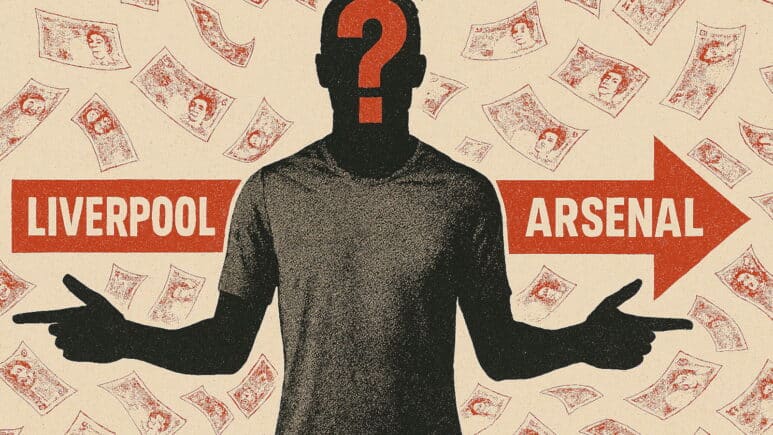How super agents control the transfer market

In modern football, transfer negotiations are no longer dominated by clubs alone. Super agents have become powerful middlemen who influence deals, drive up prices, and impact the careers of players on every continent. Their role goes far beyond representing their clients. They navigate the world of money, influence, and access, often pulling the strings behind the scenes in ways that clubs and fans cannot ignore.
Who are super agents?
The term “super agent” generally refers to a small group of elite football agents who represent a wide range of high-profile players, coaches, and sometimes clubs. They are known for brokering mega deals and extracting huge commissions. Jorge Mendes, Mino Raiola (before his death), and Pini Zahavi are among the most notable examples. These agents have built networks of contacts that include club executives, scouts, lawyers, and sponsors, allowing them to navigate and manipulate the market in ways that few others can.
How they operate
Super agents do more than just respond to club interest. They actively shape demand. They offer clubs packages with players where X player is available now and Y player will be available in the future. They transfer clients in batches and manage relationships across leagues, allowing them to tip the balance of power during the transfer window.
They also help orchestrate transfers before formal negotiations begin. By spreading rumours, privately assessing player interest and orchestrating media coverage, they can set the terms of a transfer. Their influence often extends to determining wages, contract terms, image rights and resale percentages.
Influence on clubs
Small clubs may rely on super agents to arrange players or secure favourable deals. Meanwhile, larger clubs often work with them to secure top talent or avoid bidding wars. The line between advisor and decision-maker can become blurred. In some cases, agents effectively act as shadow sporting directors, swaying the direction of a club’s recruitment for several seasons.
For example, Mendes played a major role in bringing the Portuguese talent to Wolves, while Raiola was involved in Paul Pogba’s transfer between Juventus and Manchester United. These are not isolated cases. Clubs sometimes pursue agents as much as players themselves, knowing full well that no deal can be done without their consent.
Player Loyalty vs Agent Strategy
There is a key tension between what players want and what agents want. Super agents often recommend transfers based not only on the player’s level of competitive development, but also on commercial value and commission opportunities. Players who trust their agents completely may find themselves frequently changing clubs or moving to leagues with the highest salaries rather than the highest level of football.
While this may work for some, it can demotivate others in their careers. An agent’s long-term vision may not always match a player’s form, fitness or ambition.
Regulatory loopholes
FIFA and national football associations have been working to control agent fees and increase transparency. Several rules have been proposed that aim to limit commissions and require greater disclosure of agent involvement. However, implementation remains inconsistent. Many top agents operate through multi-jurisdictional corporate structures, which makes it difficult to monitor their income or trading methods.
In addition, clubs often deliberately circumvent regulations in order to obtain coveted players. Off-the-books payments, inflated image rights deals, and third-party intermediaries remain common gimmicks.
The future of the market
As transfer fees rise and competition for top players intensifies, super agents will remain central. They are part of the financial ecosystem, playing a role that clubs themselves find difficult to internalize. However, increasing scrutiny may force clubs to adopt more formal regulation.
In addition, a shift is taking place. Some players are choosing smaller agencies or forming in-house representation teams to regain control. Clubs are also investing in analytics and scouting networks to reduce their reliance on agents.
But for now, super agents still hold the key to many of football’s biggest deals, and their influence will not disappear until there is a major change in the transfer structure.

Visitor comments ( 0 )